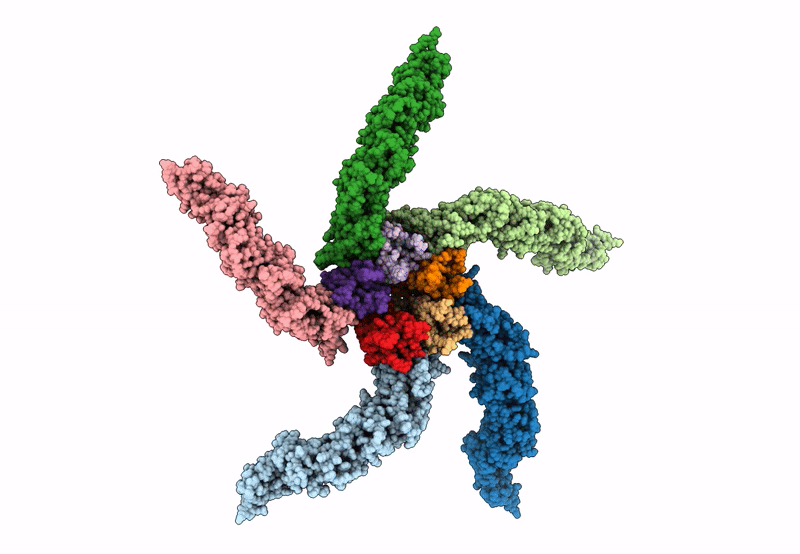
Deposition Date
2023-09-15
Release Date
2023-10-11
Last Version Date
2024-05-01
Entry Detail
PDB ID:
8U80
Keywords:
Title:
KCTD5/Cullin3/Gbeta1gamma2 Complex: Local Refinment of KCTD5(BTB)/Cullin3(NTD)
Biological Source:
Source Organism(s):
Homo sapiens (Taxon ID: 9606)
Expression System(s):
Method Details:
Experimental Method:
Resolution:
3.60 Å
Aggregation State:
PARTICLE
Reconstruction Method:
SINGLE PARTICLE


